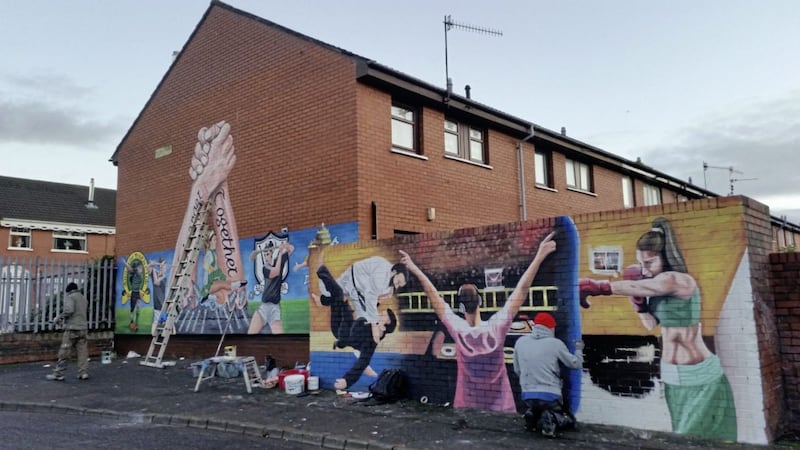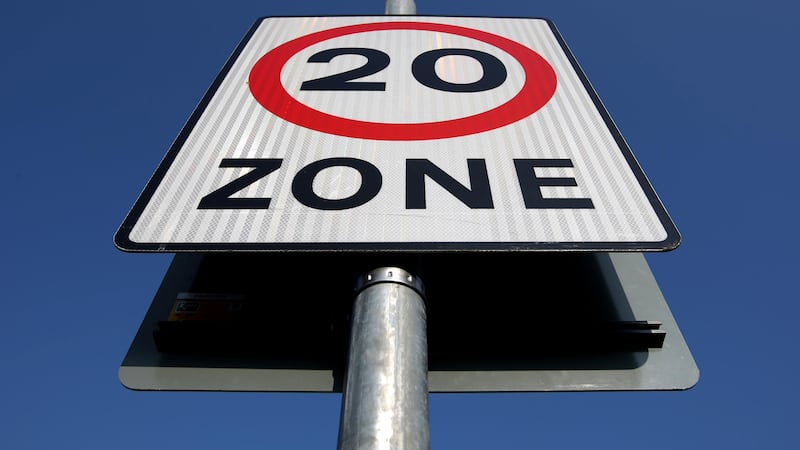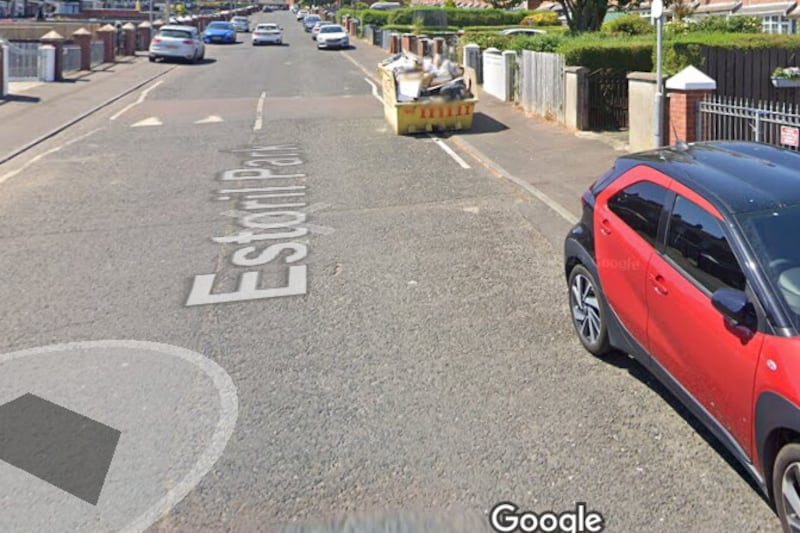YOUNG people in Ardoyne see drugs and alcohol abuse, mental health and antisocial behaviour as the most important issues affecting them, according to newly published youth survey, Listen Up, which was launched by Northern Ireland’s Commissioner for Children and Young People.
More than half of the young people surveyed said there wasn't enough to do or sufficient places to go, while armed groups and relationships with police also ranked high among concerns.
And, while more than half thought the Ardoyne/Marrowbone area of north Belfast was a good place to live, almost one-in-four thought it wasn't, according the the report compiled by Ardoyne Youth Enterprise and funded by the Northern Ireland Executive’s Urban Villages Initiative.
Other key findings included one-in-three young people saying the issues highlighted impacted their own mental health, while others said the problems made them afraid to leave the area, as well as to socialise in it.
Attitudes were recorded of more than 150 young people aged 12-17, as well as 15 youth workers in the area, which is ranked by NISRA (Northern Ireland Statistics and Research Agency) as one of the most deprived regions in the north.
Despite their very real worries, though, the hard-hitting report also revealed that young people gave a resounding thumbs-up to youth workers in their area and said they would turn to them first with problems (80 per cent).
Next in line were people in the community (61 per cent) and government (57 per cent).
Traditional support structures, such as schools (29 per cent), family support groups (21 per cent) and the Church (6 per cent) lagged far behind.
Overall, responses pointed to an important role for the community as a whole (61 per cent) and for a multi-agency approach to addressing concerns – only 13 per cent of the young participants selected ‘myself’ when asked to list the five groups in society best suited to address their needs.
Commenting on the results, Commissioner for Children and Young People Koulla Yiasouma said young people had "a right to have their voices heard" by service providers and decision makers.
"The days of designing and planning laws, policies and services without young people are behind us and this report reminds us of that," she said. "It is clear youth workers in the area are tuned into the needs and concerns of the young people here and they need support to act now."
Director of Ardoyne Youth Enterprise Shane Whelehan also said it was crucial to act on the opinions highlighted in the report and use them to improve service provision.
"The young people's comments are frank, thoughtful, sometimes humorous, often very moving, and definitely worth a read," he said. "We were struck by their calls to be heard and to be respected by service providers and decision makers.
"They told us that youth work has a massive role to play and that they want youth organisations, the community and statutory agencies to work together to give them a better future."








